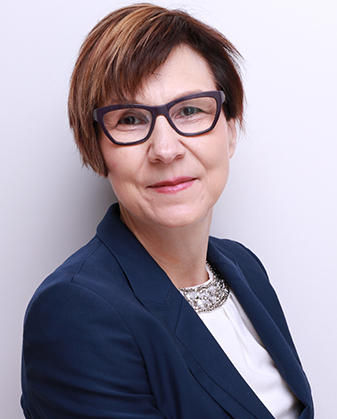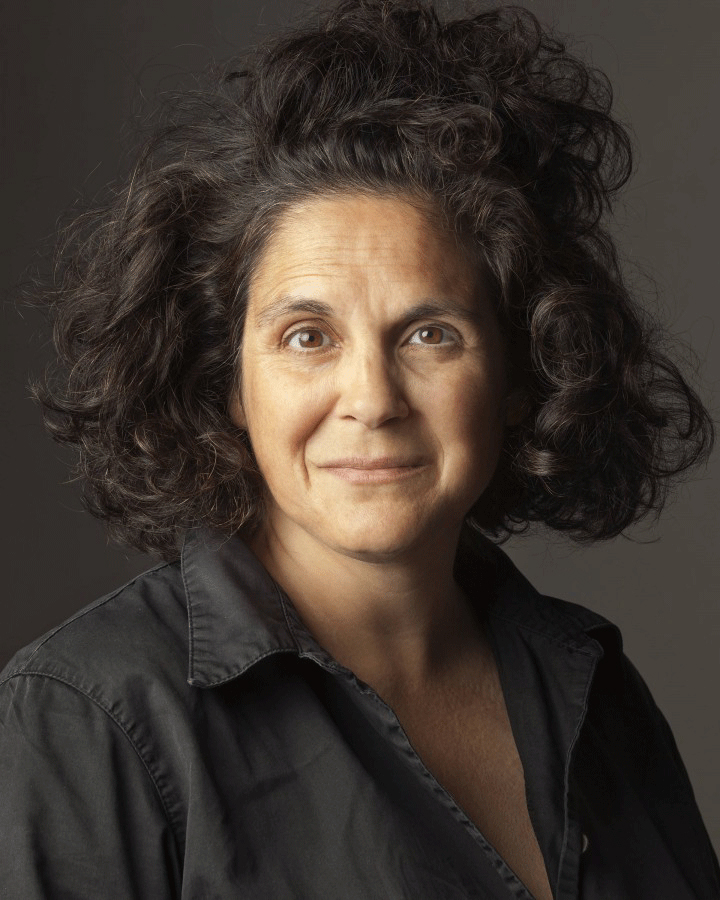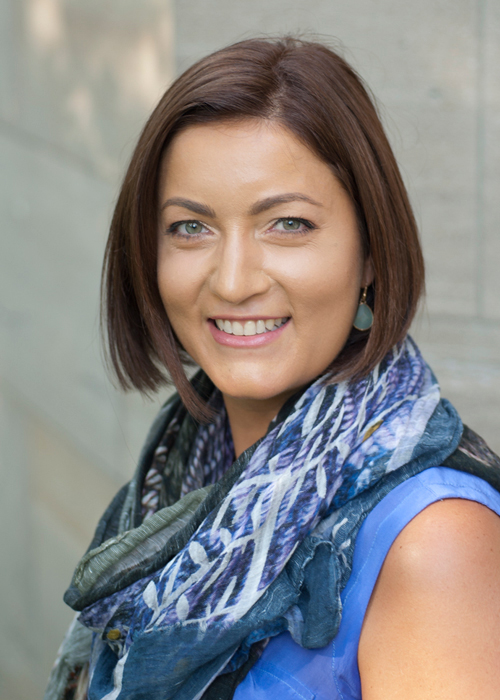Four members of the McGill community were recently named to Chatelaine magazine’s Women of the Year list for 2018. The list, which highlighted 32 “newsmakers, trend-setters, policy-makers and all-around awesome women who helped put Canada on the world stage,” was posted online on December 28.

Cindy Blackstock, professor at the School of Social Work, was featured on the list “for being a tireless advocate for Indigenous children’s rights.”
The Chatelaine citation: “You can be sure that Indigenous Services Minister Jane Philpott knows the name Cindy Blackstock. Blackstock, a member of the Gitksan First Nation, is on a mission to ensure the federal government compensates First Nations children who faced discrimination under the on-reserve child welfare system. We’re in awe of her energy: she’s a professor at the School of Social Work at McGill University, the executive director of the First Nations Child and Family Caring Society of Canada, and on the interim board of the new Foundation for Sixties Scoop Survivors. She’s proved an inspiration to child welfare activists everywhere: In September, she was recognized by the Children’s Aid Foundation, receiving the prestigious Lynn Factor Stand Up for Kids National Award.”

Jennifer Baichwal made Chatelaine’s list “for confronting us with terrifyingly beautiful images of our impact on the planet.” The award-winning Canadian documentary filmmaker, writer and producer studied philosophy and theology at McGill, receiving an M.A. in 1994.
The Chatelaine citation: “Five years ago, Jennifer Baichwal, the filmmaker behind documentaries on the Tragically Hip and Paul Bowles, set out with fellow filmmaker Nicholas de Pencier and photographer Edward Burtynsky to capture the anthropocene – the name some geologists gave to the present epoch, when humans have become the single most defining force on the Earth. After travelling to 20 different countries, the trio created a multidisciplinary project including powerful museum exhibitions in Toronto and Ottawa, an art book and an acclaimed documentary film, Anthropocene, that premiered at TIFF last fall. ‘We have a moral responsibility, an intergenerational responsibility, a responsibility to all other life,’ she said in a recent interview. ‘If the planet is going down, we are going down too, and perhaps we deserve to.’”

Annamaria Enenajor made the cut “for founding the Campaign for Cannabis Amnesty.” Enenajor graduated from McGill’s Faculty of Law as the David L. Johnson gold medalist, obtaining both civil and common law degrees. She also served as the Editor-in-Chief of the McGill International Journal of Sustainable Development Law and Policy and was a legal researcher at the McGill International Criminal Justice Clinic, supporting the Defense Office of the Special Tribunal for Lebanon.
The Chatelaine citation: “Even though weed is legal, millions of Canadians – disproportionately the vulnerable and racialized – continue to carry criminal records for simple possession. Annamaria Enenajor, only 34 and already a partner at Clayton Ruby’s famously progressive law firm, is working to change that. She’s gathered a group of academics, activists and entrepreneurs to help push the government for full pardons and the erasure of records for personal possession. With the current practice of simply suspending records, a possession charge can still potentially derail employer background checks or a custody hearing.”

Dr. Danielle Martin was also featured on Chatelaine’s list “for making national pharmacare an election issue.” Martin earned a bachelor’s degree in science at McGill.
The Chatelaine citation: “Canadians like to brag that we have universal healthcare, but according to Dr. Danielle Martin, a family doctor at Toronto’s Women’s College Hospital (and Chatelaine columnist), our system isn’t as universal as we think it is. This year, Martin co-authored a visionary report in The Lancet, calling for a massive overhaul of Medicare to remedy inequalities, reduce wait times and anticipate the needs of an aging population. Earlier this year, at the Liberal convention, she spoke about the importance of national pharmacare, stressing that many Canadians don’t take their medication because they simply can’t afford it. After the April convention, pharmacare became a priority for the Liberal party, and it might just be the among the most important election issues next year.”
